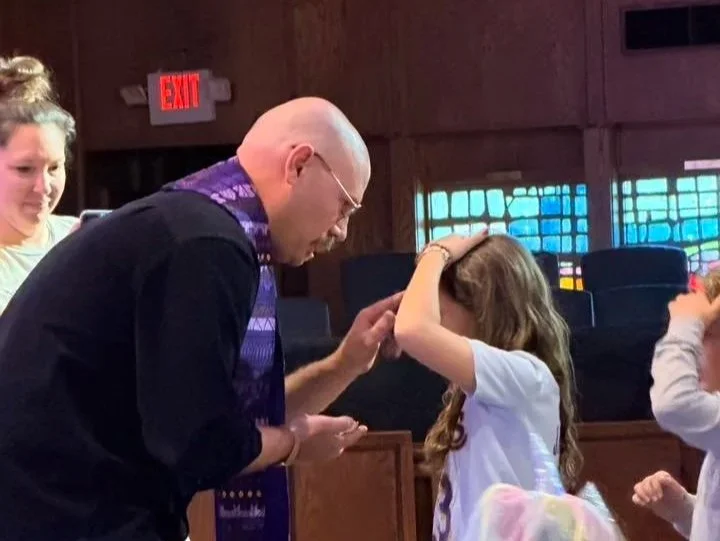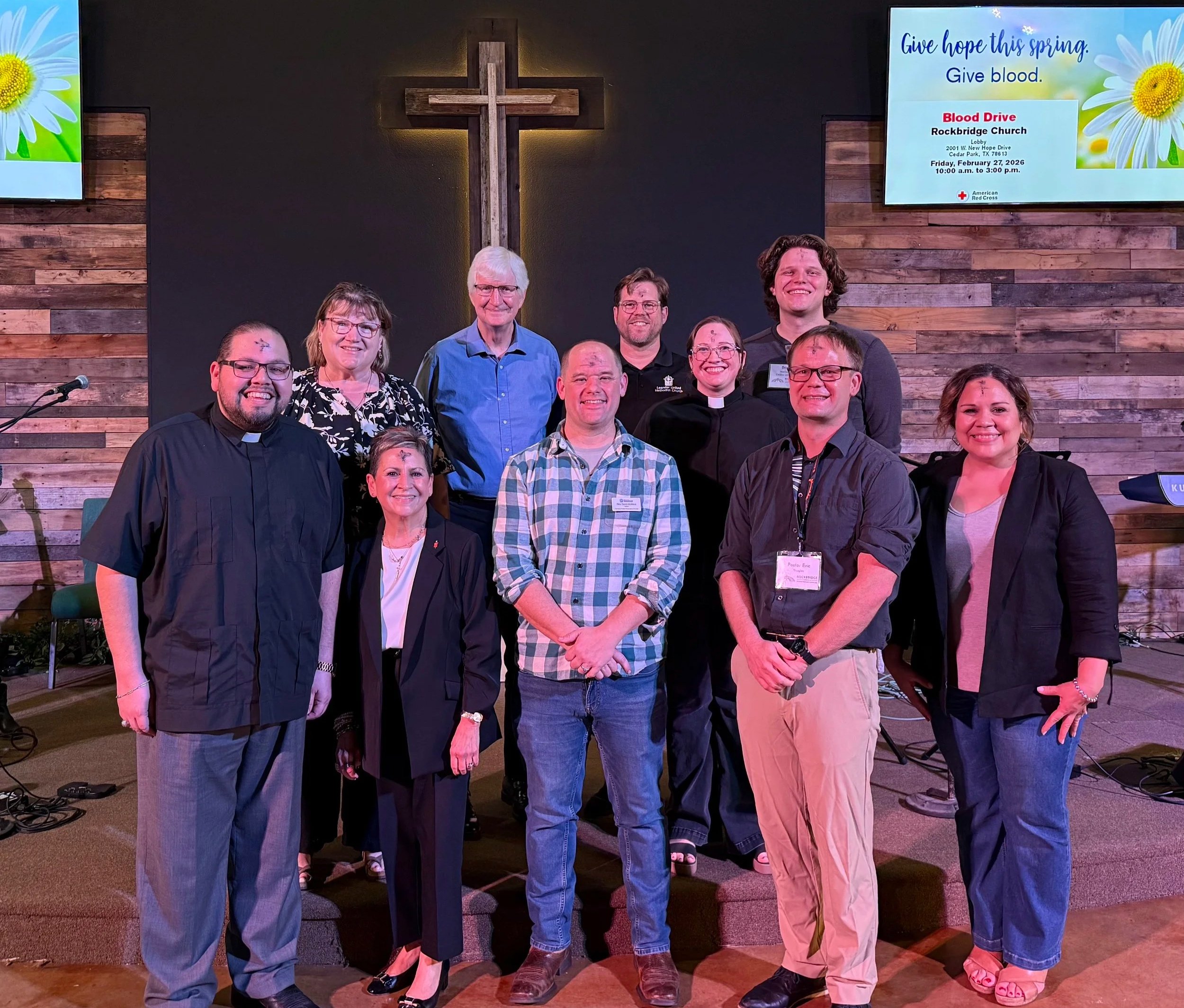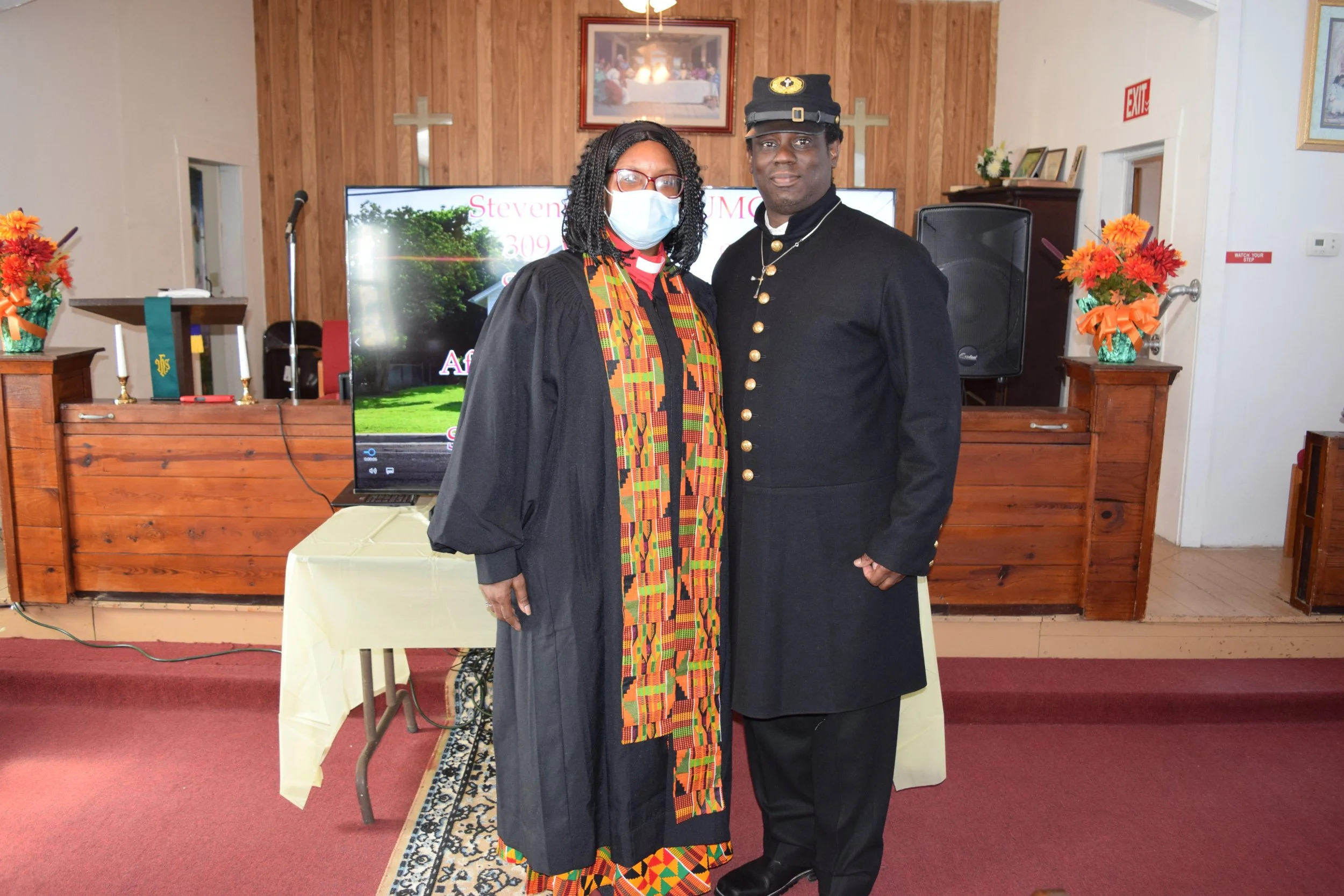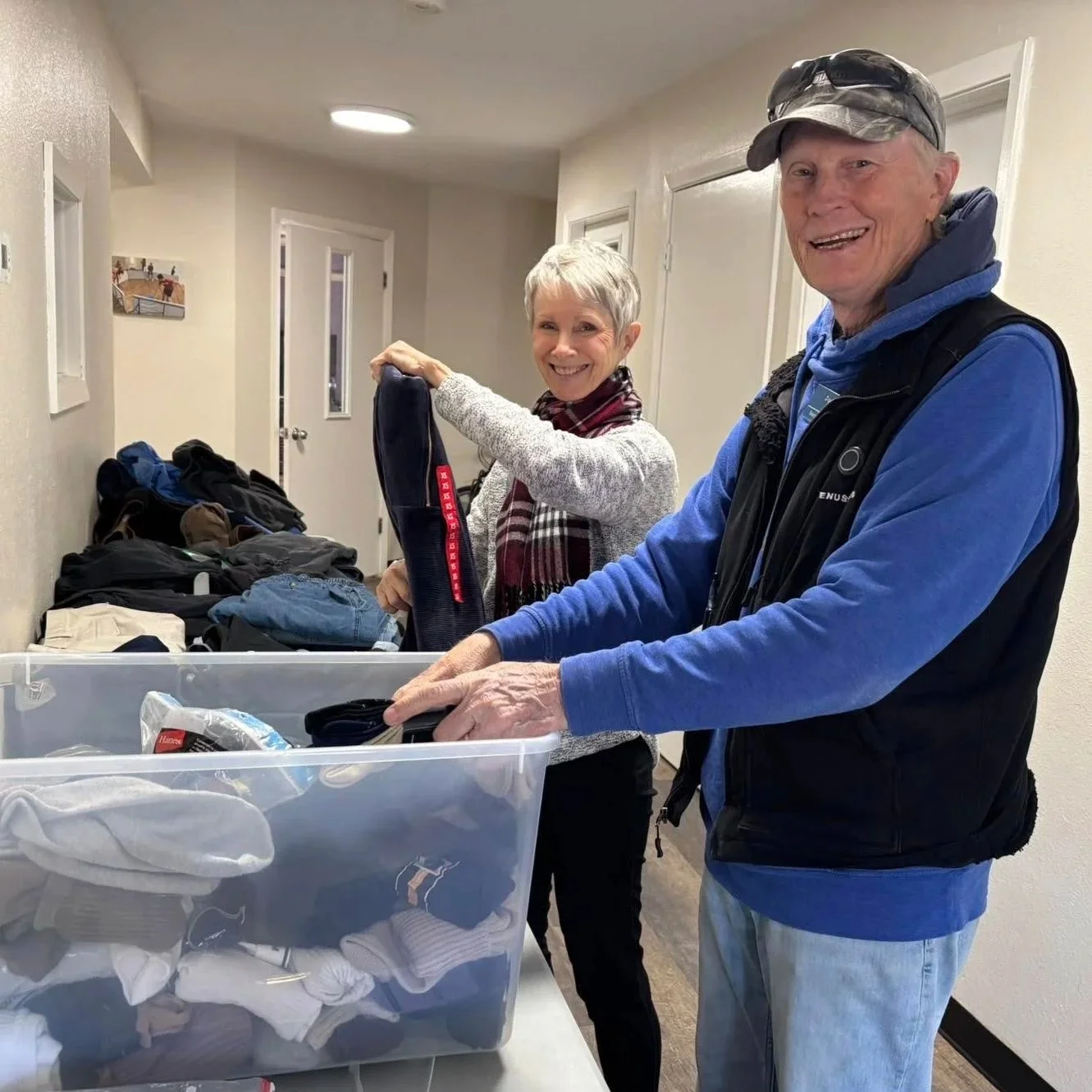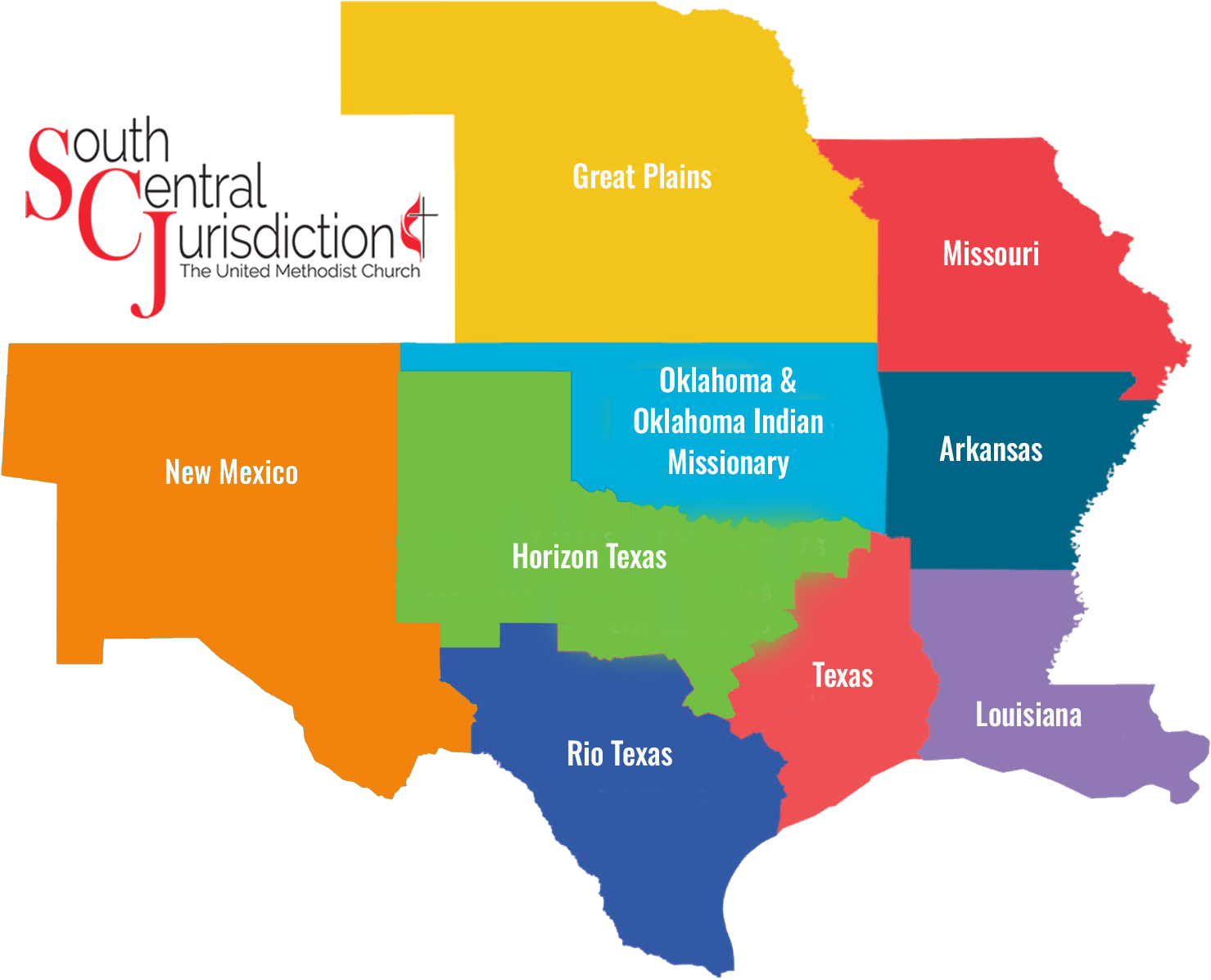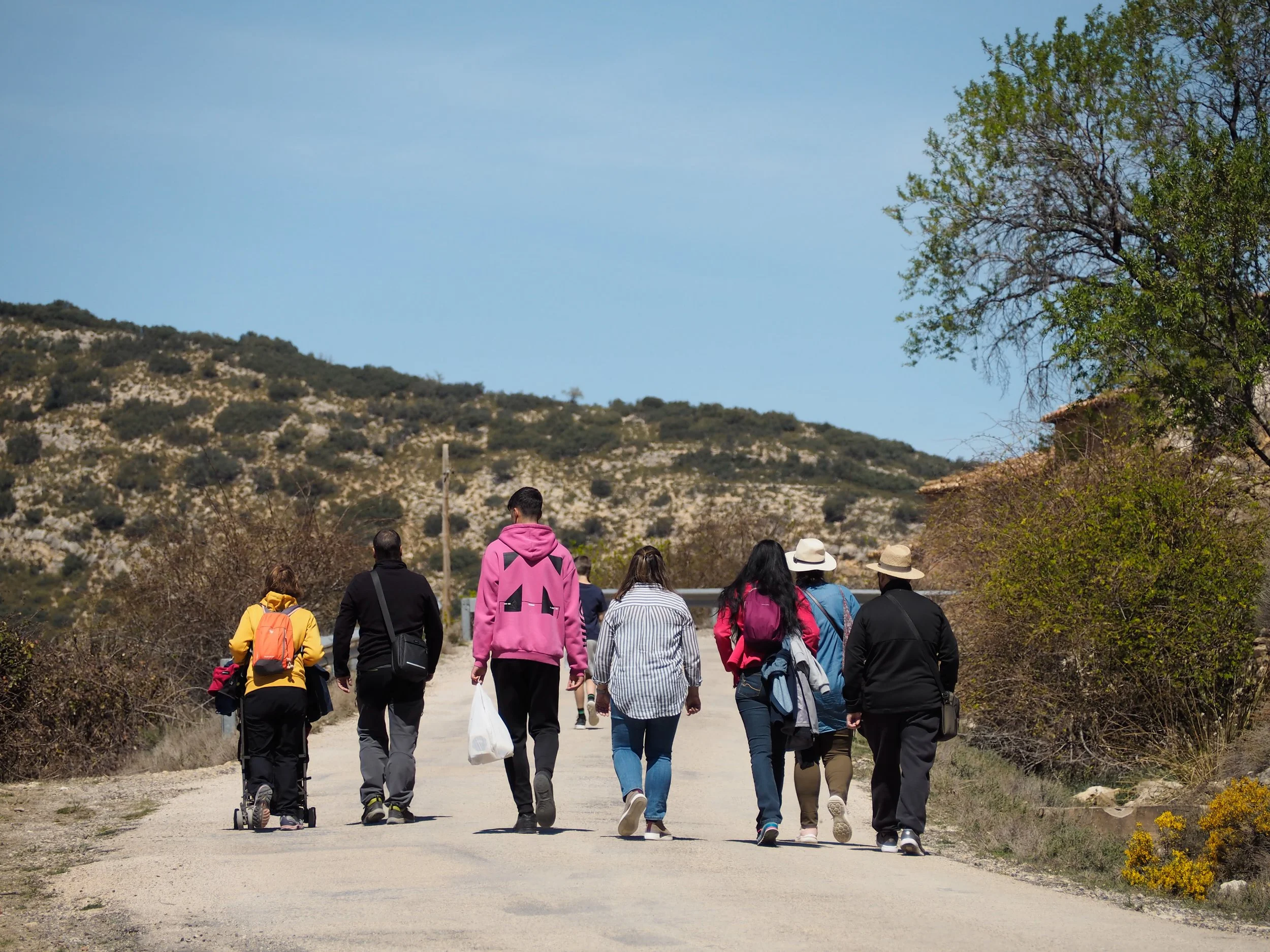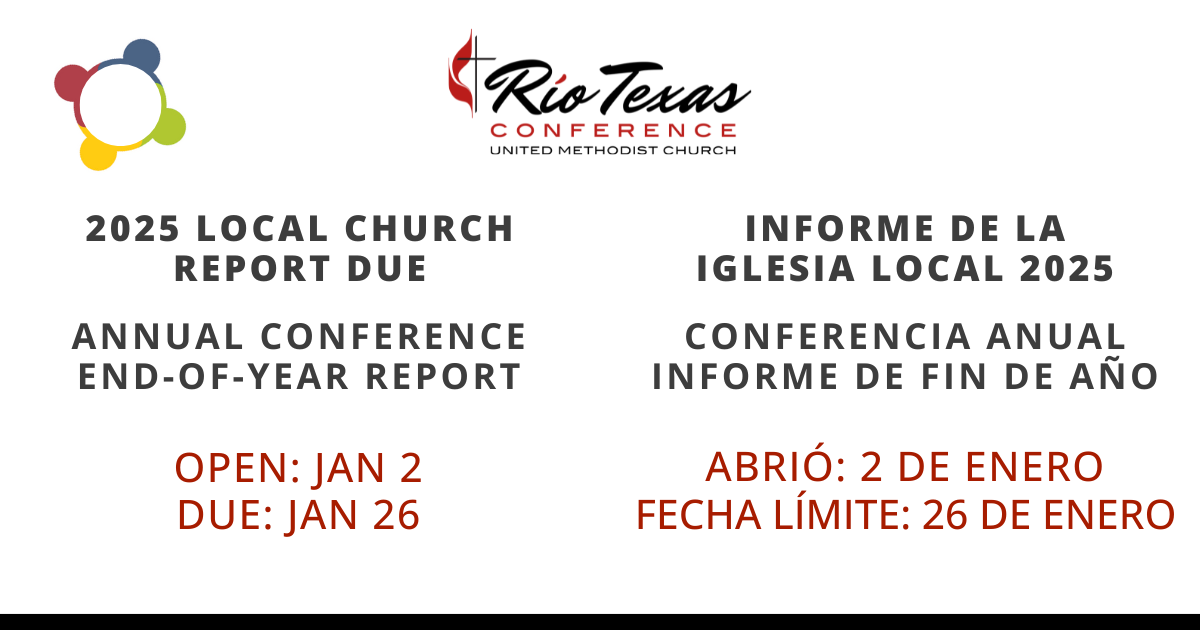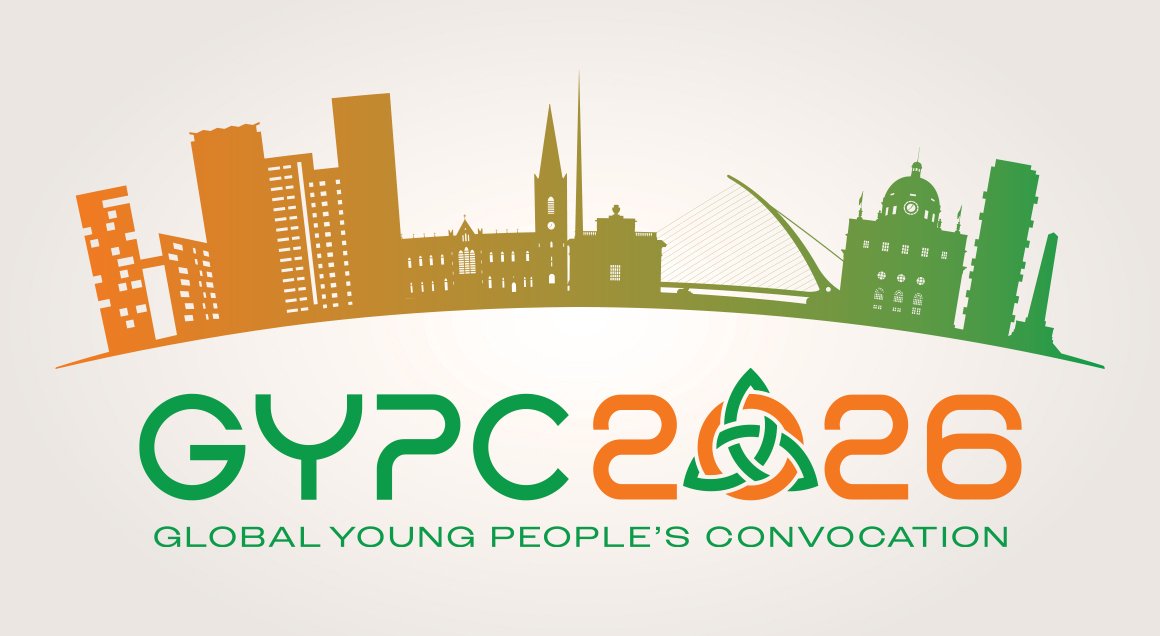A Statement Concerning the Coronavirus Outbreak
/Churches all over the world and in our conference are having to consider what effect the spread of COVID-19, also called the coronavirus, will have on their congregation. The CDC has recommendations for faith-based organizations, businesses, and individuals. The World Health Organization also has recommendations specific to COVID-19. Many of these recommendations are healthy practices we can use throughout the year and every flu season. The simple habit of handwashing has radically changed the course of diseases around the world. Promoting hand washing and taking other small steps to help slow the spread of COVID-19 and the flu can help our church communities feel safer and be healthier. Staying informed will be very important in the coming weeks.
Rio Texas Conference Office
Unless otherwise instructed by the CDC, state health officials, or the City of San Antonio, the Rio Texas Conference office will continue to maintain our normal business hours. In response to COVID-19, the Rio Texas Conference staff is taking some steps to help promote good health.
Extra attention is being given to cleaning doorknobs, door handles, handrails, and other public surfaces.
Hand sanitizer is available throughout the office.
Staff exhibiting signs of illness are being asked to stay home.
Our Churches
We are recommending churches in our conference to continue meeting and worshipping together. If a person within one of our church communities has a confirmed case of COVID-19, we will follow the recommendation of the CDC and state health officials. The Rio Texas Conference also recommends churches consider taking steps to help promote good health. In addition to recommendations by the CDC, many churches are making small changes to their worship and gathering practices to help ease growing concerns. Below are some recommendations churches may consider implementing.
Worship Services
While passing the peace and greeting one another, offer alternative greetings to your community. For example, a person could place their hand over their heart to indicate they would rather not make physical contact.
Work with janitorial staff for regular environmental cleaning with bleach and to keep the restrooms stocked with hand soap.
Ask your hospitality volunteers to make sure that there are facial tissues and hand sanitizer stocked and available for worship services.
Give people permission to stay at home if they are experiencing illness symptoms (i.e., cough, shortness of breath) of any kind.
For churches with live streaming, remind your community that it is a great way for individuals to recover from an illness at home while staying connected to the church.
Communion
Limit communion servers to those who do NOT appear to have illness symptoms (i.e., cough, shortness of breath).
Be sure that Communion chalices, cups, trays, cup fillers, and patens (plates) are washed as thoroughly as any other dishes you might use at home (hot water, dish soap or detergent) before and very soon after each use and stored in a dry, clean cabinet.
If your congregation is still using individual cups, be sure to have a server who has washed his or her hands give the cup to each recipient, being careful not to touch the hands of the recipient. The server should not touch any used cups, nor should those receiving place used cups back into the trays. The use of disposable communion cups is another option that can be considered.
Prepare fresh elements with clean hands. People who have any communicable illness, including colds, should not prepare or serve communion.
Prior to the Eucharistic prayer, have Communion stewards exit the worship space to wash hands with soap and water at the nearest facility.
Include the “Sacrament of Purell” as a part of the preparation. Have all servers publicly use alcohol-based hand sanitizer prior to handling the elements. Allow your hands to dry naturally prior to reaching for the elements.
Instruct servers not to touch their face after washing their hands and using the sanitizer.
If Holy Communion is received by intinction (dipping the bread in the cup), be sure to have only the servers touch the loaf. (The practice of individuals breaking off the bread for themselves greatly increases the risk for contamination).
Instruct servers of the bread to provide pieces of bread that are large enough to be dipped into the cup without the recipient's fingers needing to touch the juice.
Instruct servers of the cup to tilt the cup slightly toward the recipients to enable the juice to flow toward the bread, thus eliminating a perceived need to "plunge" the bread (and perhaps fingers!) into the cup. For this season, you might ask parents to help dip their children’s bread into the cup.
Communication
Take time to keep your community informed of the steps your church is taking in response to COVID-19.
Reach out to the groups that may use your facility but are not part of your community. Partner with them to help support community health.
Stay informed and keep your community informed.

